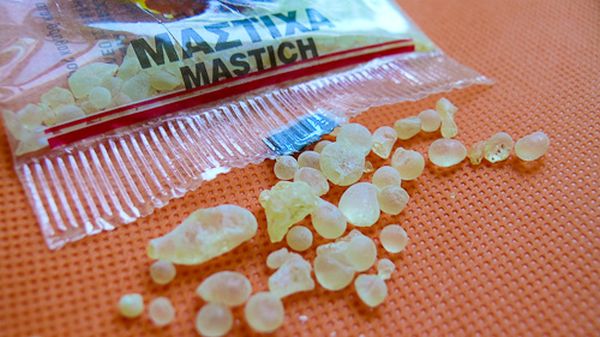Traditional European and Greek products such as feta cheese, olive oil and olives will fight for survival during the next round of trade negotiations at the ninth meeting of the World Trade Organisation, which will take place in Indonesia from 3 to 6 December.
This is because a group of politically and economically powerful countries seem determined to challenge the definition of European goods as goods with protected designation of origin. Greek feta is already threatened by being "legally copied" by European Union (EU) non-member states.
Some very powerful countries outside the EU, including the USA, Canada, Australia and New Zealand, are not inclined to recognize the definition "protected designation of origin" as regards feta cheese and do not want the name "feta" to be recognized as internationally protected because this would exclude or, in the best-case scenario, would limit, the production of feta cheese in these countries.
In other words, even if the production of white cheese uses the same ingredients as the production of feta, "Greek feta" type white cheese should be indicated on the package of the product.
Such negotiations will take place in connection with products with protected geographical indication such as olives too.
However, nothing is certain during the meetings of the World Trade Organisation, as the alliances between rich and poor countries, which differ in each individual case, often yield unexpected results of the negotiations that take place at such international meetings. Moreover, the Greek delegation does not negotiate directly during the meetings of the Organisation. Based on the rule of the single market, the EU negotiates as a single economic entity, formally representing all member states. Due to the specific interests of each member state, however, the meetings involve national delegations led by the respective minister responsible for foreign trade. In this case, Deputy Minister of Development Notis Mitarakis will represent Greece.

Defining and recognizing a product as a product with protected designation of origin or protected geographical indication brings many benefits.
In the first place, this is in favour of the producers and processors, as the competition between those entitled to these protected names reinforces the confidence of consumers in these products.
The producers, especially those in remote areas, have the opportunity to easily sell their production at the best market price.
This is also in favour of consumers who are thus able to obtain clear information about the origin of the product and to buy goods with guaranteed quality.
88 products with protected designation of origin
Greece has been able to obtain the stamp "protected designation of origin" for 88 products, including 20 types of cheese, 10 varieties of olives and 27 types of olive oil, 23 varieties of vegetables, fruits and legumes, one kind of bread product and one type of fish product (caviar of Messolonghi) as well as for some other products like saffron of Kozani, honey and mastic from the island of Chios.

Equally diverse is the list of recognized traditional alcoholic drinks (tsipouro, ouzo, kumquat of Corfu, mastic of Chios and kitro liqueur of Naxos) which is being constantly extended.

Doha Development Agenda
The so-called "Doha Development Agenda" started by the World Trade Organisation in 2001 seeks to regulate a whole series of very important issues related to international trade. The main objective is for the world trading system to focus on development.
The conclusions of the negotiations will have to increase the benefits for the developing countries from the profits of international trade and to contribute towards the fight against poverty.
The negotiations in the spirit of "Doha Development Agenda" take place in three different directions, namely:
* Market access for agricultural products (including fees and subsidies), industrial goods (also known as "NAMA" or "non-agricultural market access") and services.
* Establishment of rules related to the facilitation of trade and to the anti-dumping measures.
* Promotion of specific measures for development.
Reactions in Greece with regard to the agreement between the EU and Canada
Meanwhile, the response to ceding the definition of "protected designation of origin" for feta cheese and "kalamon" olives, to which the forthcoming ratification of the agreement establishing a free trade zone between the EU and Canada will probably lead, has intensified in Greece.
In connection with this important issue, an inter-party initiative has been launched which aims at avoiding the probability of the agreement with Canada becoming a precedent that could be used by third parties in the future, ensuring, at the same time, protection for all Greek goods with "protected designation of origin".
As revealed yesterday during a press conference of deputies George Kasapidis (independent), Angeliki Gerekou (PASOK) and Paris Moutsinas (independent), the number of lawmakers who oppose the agreement is nearly 100 already. The subscription list will be extended and it is expected that the topical issue will be raised again in parliament.